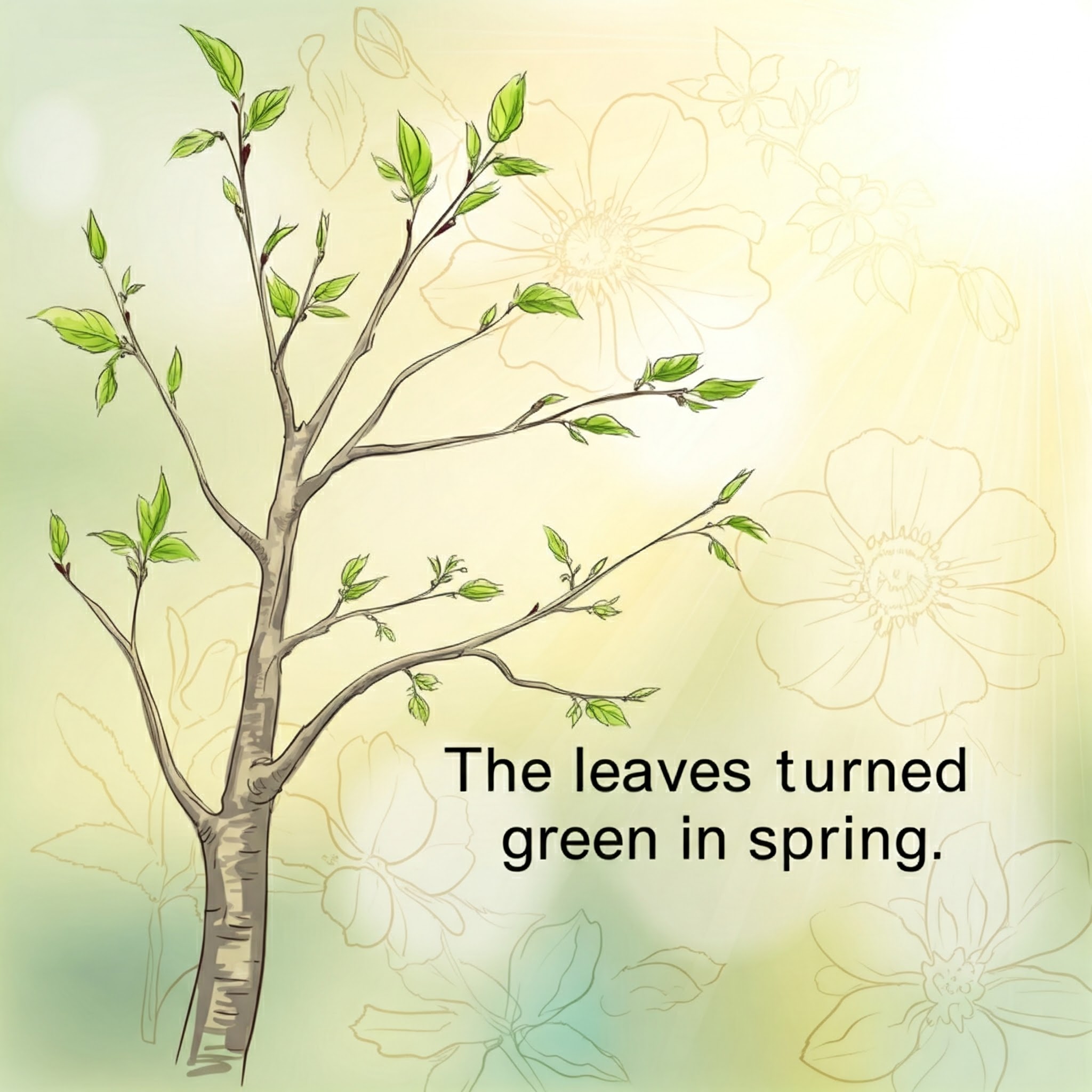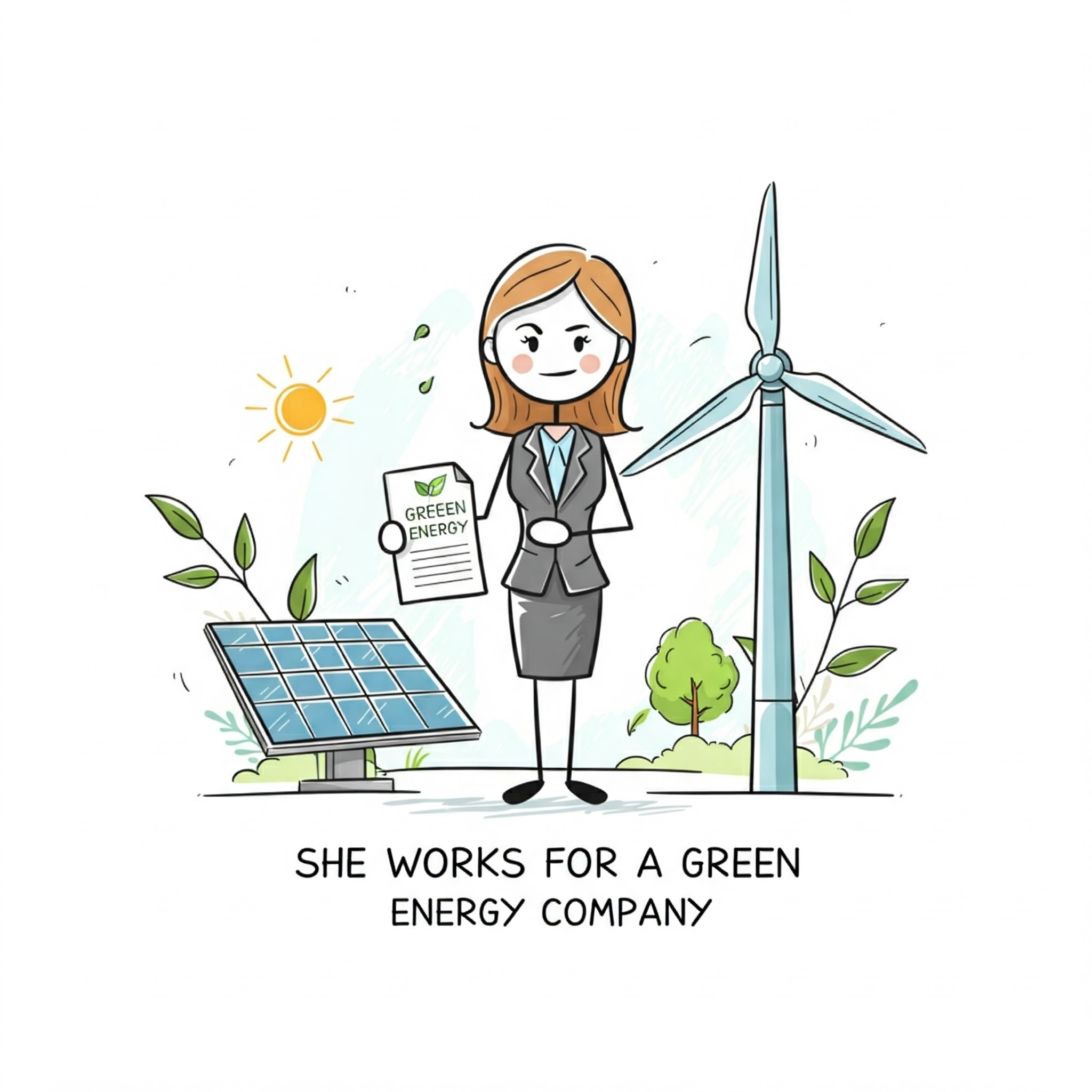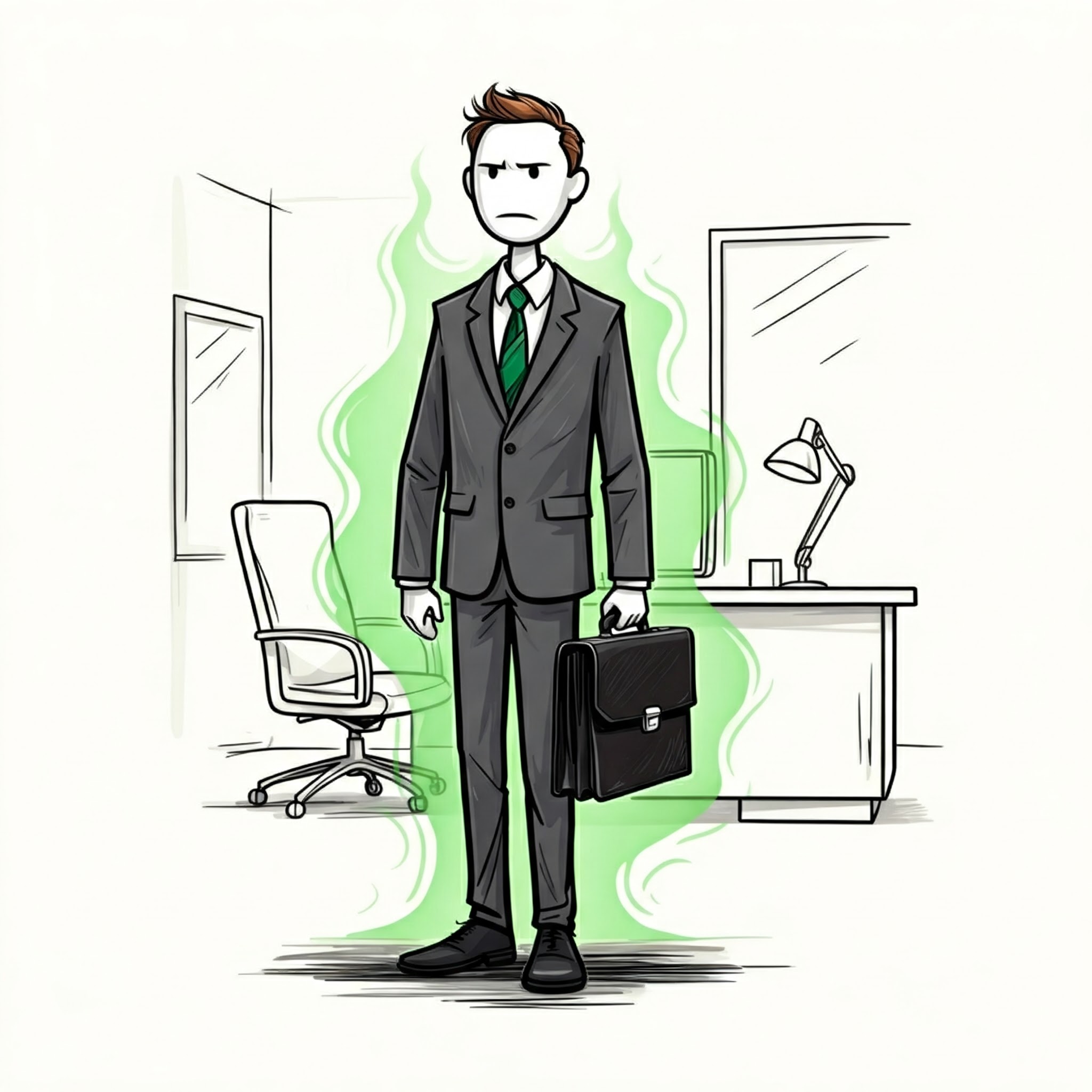Green
Definition
Green refers to the color situated between blue and yellow on the visible spectrum, commonly associated with nature, vegetation, and eco-friendliness. It can also describe someone who is inexperienced or naive.
Parts of Speech
- Adjective
- Noun
- Verb (rare, archaic)
Pronunciation
American English
- IPA Pronunciation: /ɡriːn/
- Respelling: green
British English
- IPA Pronunciation: /ɡriːn/
- Respelling: green
Etymology
The word "green" originates from Old English "grēne," derived from Proto-Germanic "*grōniz," meaning "to grow." It is linked to the Proto-Indo-European root "*ghre-," meaning "to grow" or "to become green."
Derivatives
- Greenness (noun)
- Greenery (noun)
- Greenhorn (noun)
- Greenwash (noun/verb)
- Greening (noun/verb)
Synonyms
- Verdant
- Leafy
- Lush
Antonyms
- Barren
- Dry
- None
Usage
The term "green" is commonly used in contexts involving color, nature, and sustainability. For example, "The green fields stretched for miles," or "He supports green initiatives to combat climate change."
Related Terms
- Eco-friendly: Describes practices that are environmentally sustainable.
- Vegetation: Refers to plants or greenery.
- Growth: Indicates development, often symbolized by the color green.
Detailed Definitions
Adjective
- Of the color green: Refers to the color seen in nature and vegetation.
- Example: "The leaves turned green in spring."
- Relating to environmentalism: Describes eco-friendly practices or initiatives.
- Example: "She works for a green energy company."
- Inexperienced or naive: Refers to someone lacking experience.
- Example: "He was too green for the job."
Noun
- The color green: Refers to the color associated with growth and nature.
- Example: "The artist used different shades of green."
- A grassy area: Describes open land covered in grass, such as a lawn or park.
- Example: "They picnicked on the village green."
Verb (rare, archaic)
- To make or become green: Refers to the process of turning green in color or nature.
- Example: "The fields began to green after the rains."
green



🇨🇳 Mandarin
- lǜ (绿) - pertaining to the color
- IPA: /ly˨˩˦/
- English respelling: lu
- lǜ huà (绿化) - to make green/environmentally friendly
- IPA: /ly˨˩˦ xwa˨˩˦/
- English respelling: lu hua





